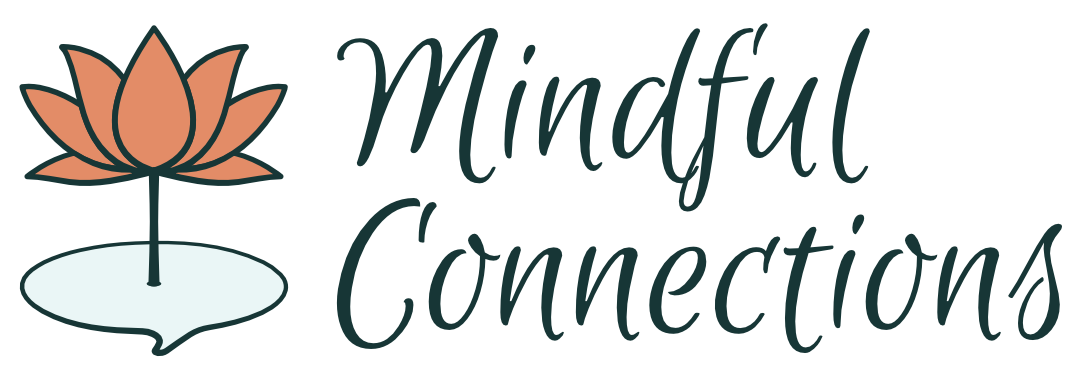How to Practice Self Care: 5 Areas to Consider
What image comes to your mind when you hear people talk about Self Care?
For most people, it might bring up an image of someone, usually a woman, spending a day at the spa, having a bubble bath, or going on an extravagant vacation. And while these are definitely forms of self care, it often makes a person feel as if it is more about living a life of luxury than a necessity for good mental health. When we don’t engage in self care regularly, we start to feel a lack of joy, purpose and meaning in our lives. The effects of stress become more noticeable as well, which might lead to social isolation, overeating, sleeping too much, or difficulty relaxing, to name a few.
In order to engage in self care, you have to start by looking at it as a necessity rather than a luxury. It’s like brushing your teeth to prevent a cavity, you must do it in order to prevent the effects of stress developing into something more serious. But what is it exactly?
Self care are the actions you take to bring balance in your life and reduce the effects of stress. It helps to sometimes break them down into categories. My personal favorites are physical, emotional, spiritual, relationship, and practical:
Physical - The actions you take to better your physical body. This often includes things like going to the doctor for your check ups, moving your body in ways you enjoy, sexual gratification, eating regularly and choosing foods that make your body feel good.
Emotional - How you take care of your emotional needs. Things like writing in a journal, practicing yoga, crying, not judging yourself for your emotions, poetry, listening and creating music, and talking about our feelings to someone we trust.
Spiritual - This doesn’t mean that you have to be religious or believe in God, it simply means finding purpose and meaning in your life that goes beyond just you. Examples of spiritual self care are things like being in nature, grounding yourself, engaging in volunteer work, meditating, praying, and practicing gratitude.
Relational - How we nurture our social connections. Like spending time with family and friends, playing with your kids, talking on the phone, texting your significant other, belonging to a book club, a Facebook group or online forum. It could also mean getting away from relationships that are toxic to you.
Practical - Taking care of your business. This is an area that I find often gets overlooked in the various self care assessments I’ve come across. I think it’s so important though because chores, bills, tasks that we don’t want to do are a part of our lives and when we neglect them, we often suffer. This might look like keeping a planner, making to do lists, hiring a maid service, ordering your groceries online, meal prepping, or scheduling important appointments and sticking to them.
So now that you know these different areas, take some time to reflect on your habits and please don’t judge or criticize yourself too harshly if you find you aren’t doing these things enough. If you are looking for more tools to help you assess these areas, one of my favorite self care assessments is in The Intuitive Eating Workbook by Tribole and Resch.

